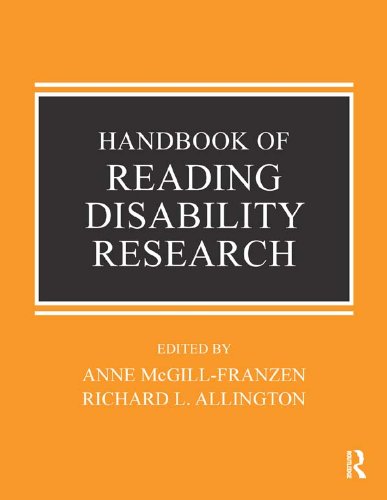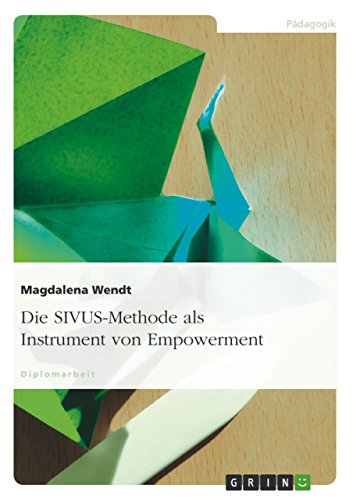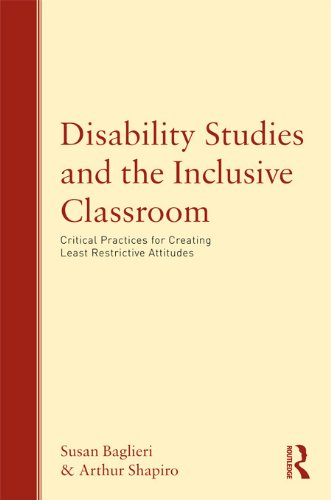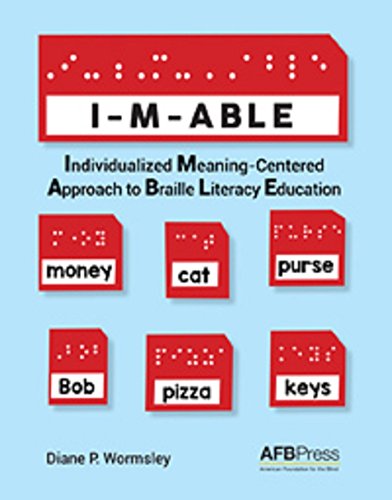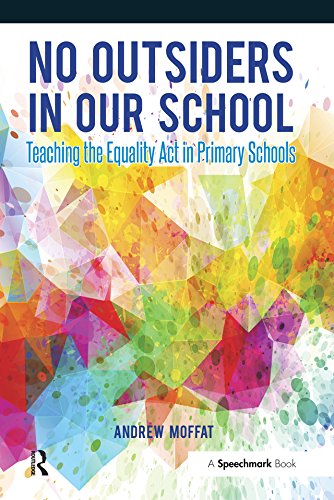
By Andrew Moffat
Read or Download No Outsiders in Our School: Teaching the Equality Act in Primary Schools PDF
Best special education books
Bringing jointly a variety of learn on analyzing disabilities, this accomplished instruction manual extends present dialogue and considering past a narrowly outlined psychometric viewpoint. Emphasizing that studying to learn proficiently is a long term developmental method related to many interventions of varied varieties, all keyed to person developmental wishes, it addresses conventional questions (What is the character or factors of analyzing disabilities?
Die SIVUS-Methode als Instrument von Empowerment (German - download pdf or read online
Diplomarbeit aus dem Jahr 2002 im Fachbereich Pädagogik - Heilpädagogik, Sonderpädagogik, observe: 2,00, Martin-Luther-Universität Halle-Wittenberg (Fachbereich Erziehungswissenschaften), 117 Quellen im Literaturverzeichnis, Sprache: Deutsch, summary: In dieser Diplomarbeit soll es um eine Methode gehen, die in Schweden für die praktische Arbeit mit Menschen mit geistiger Behinderung entwickelt wurde.
Read e-book online Disability Studies and the Inclusive Classroom: Critical PDF
This book’s venture is to combine wisdom and perform from the fields of incapacity reports and targeted schooling. components I & II specialize in the huge, foundational subject matters that include incapacity stories (culture, language, and heritage) and components III & IV movement into useful issues (curriculum, co-teaching, collaboration, school room association, disability-specific educating options, and so on.
I-M-ABLE, or the Individualized Meaning-Centered method of Braille Literacy schooling, is an leading edge, individualized, student-centered procedure for instructing braille and making it interesting for kids who've problems studying braille. during this instructing process, guide is headquartered on continually examining the strengths and wishes of scholars, putting specific emphasis on attractive them utilizing key vocabulary phrases and words in accordance with their studies and pursuits.
- Children in Difficulty: A guide to understanding and helping
- Fundamentals of Gifted Education: Considering Multiple Perspectives
- Teaching Students with Learning Problems: Pearson New International Edition
- Beyond Equality in the American Classroom: The Case for Inclusive Education
- The Fine Line between ADHD and Kinesthetic Learners: 197 Kinesthetic Activities to Quickly Improve Reading, Memory, and Learning in Just 10 Weeks: The ... for ADHD, ADD, and Kinesthetic Learners
Extra info for No Outsiders in Our School: Teaching the Equality Act in Primary Schools
Sample text
No Outsiders in Our School: Teaching the Equality Act in Primary Schools by Andrew Moffat
by Brian
4.1
